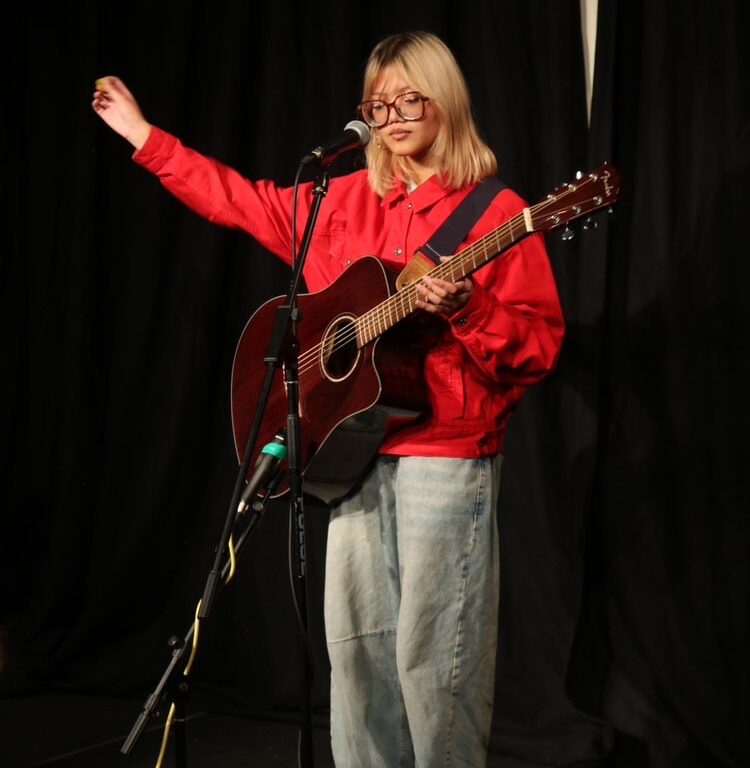Music is a universal language and an essential part of the human experience, one of the most important and long standing forms of art. The A level course is a versatile and very well-respected academic option that encourages students to be creative within a supportive atmosphere as well as leading them to develop a fuller understanding of the theory and history of the discipline in order to aid their own creativity. It combines well with both science and arts subjects and is accepted by universities as an academic qualification to read many degree subjects. Students wishing to study Music and Media courses could consider also taking Media Studies, Film Studies, and English Literature to complement this subject.
The aim of the A level is to provide a balanced course in music and at the same time give scope for the development of individual interests and aptitudes. Students are encouraged to listen to and appreciate a wide range of music genres, study and practise critical listening, and develop performing skills. This course offers opportunities for practical musicians and is also designed to challenge students who wish to deepen their musical understanding and technical skills.
Career options include working in the many aspects of the entertainment industries: performing, composing, arranging and editing, music administration, publishing, recording and production, as well as music therapy, music journalism, and teaching.
The course is divided into 3 components and students can choose whether to specialise in Performance (option A) or Composition (Option B). The Appraising Exam consists of two parts; listening questions and essay questions. The listening questions are based on Western Classical Music. The essay questions cover two topics: detailed study of Haydn’s Symphony No.104, and a more holistic study of Jazz (covering Ragtime, Dixieland, Swing & Bebop).
Option A
| 1. Performance 10-12 minute performance recital | 35% |
| 2. Composition (Two contrasting pieces) | 25% |
| 3. Appraising Exam | 40% |
Option B
| 1. Performance 6-8 minute performance recital | 25% |
| 2. Composition (Three contrasting pieces) | 35% |
| 3. Appraising Exam | 40% |
Students with Music A level have gone on to study Music at universities such as Goldsmiths and Cambridge, or to specialist conservatoires, such as The Royal Academy of Music and Guildhall School of Music.
Students are greatly encouraged to attend as many live performances and recitals as possible during the period of the two year course. The college hosts concerts at Christmas and at the end of year Annual Exhibition in which Music students perform individually, in groups, or even in coordination with Music Technology students.
GCSE Music at grade B or above and Grade 5 on at least one instrument is a pre-requisite. Grade 5 Theory of Music (ABRSM) is also highly desirable.
Examination board: Eduqas



